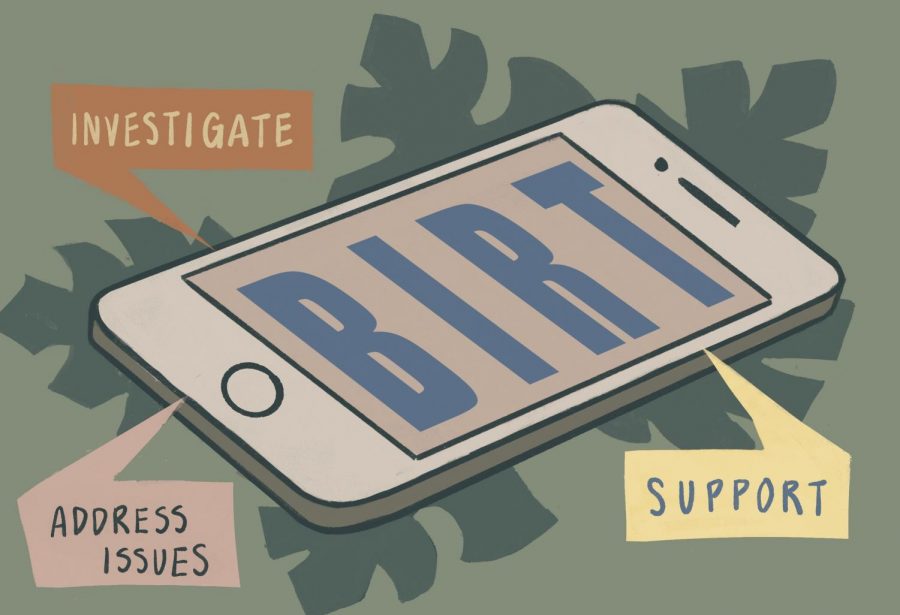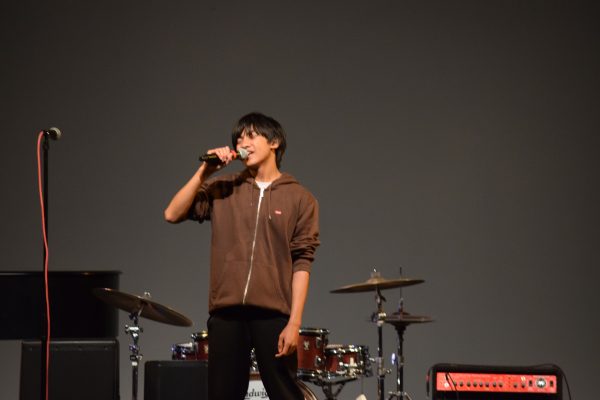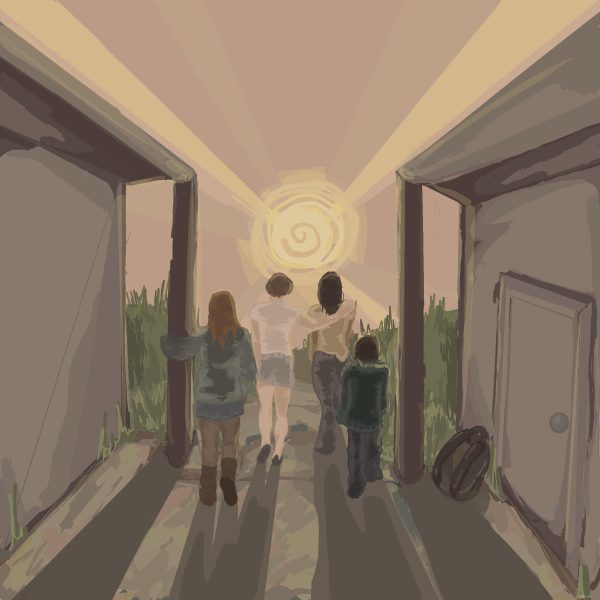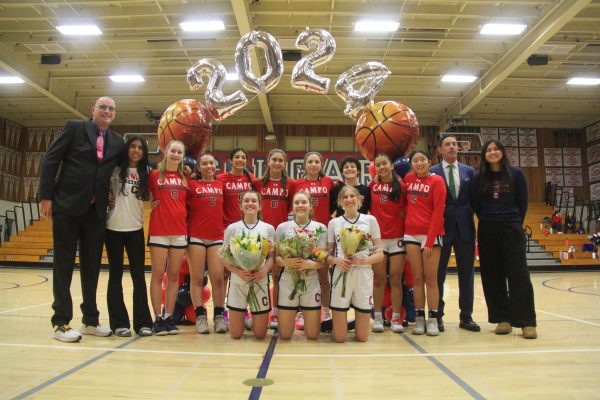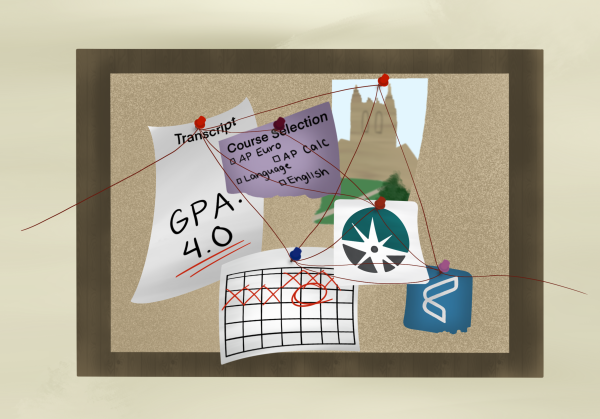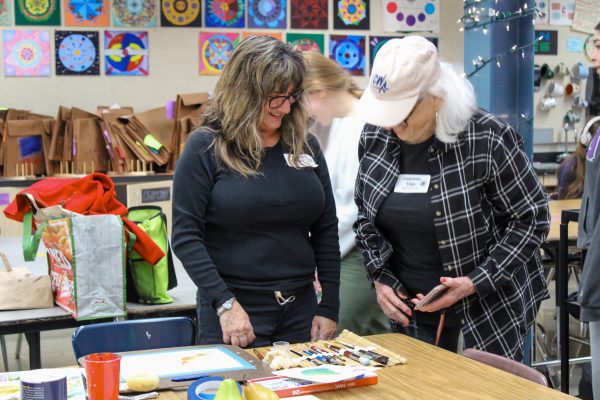Racist Incidents Reported Mere Weeks into School
Campo utilizes BIRT system to investigate, support, address issues, and create a safe space to all students.
In an email sent out by the Bias Report Team (BIRT) on August 24, it was reported that 4 incidents targeting minorities have occured on campus this year, 3 incidents involving racist graffiti and verbal assault targeting African Americans and 1 incident involving anti-semitism.
According to BIRT member and teacher Shannon Sieckert, the incidents involved were graffiti of the n-word on a lab table in a classroom, additional racist graffiti in the bathrooms, as well as verbal accounts of anti-semitism.
“We’re not sure who the perpetrators are, we’re trying to investigate, but what we did was remove [the graffiti] as soon as possible,” Sieckert said.
Beyond investigating, Sieckert emphasised the job of BIRT “[is to] investigate and support and report out to the community.”
Senior Lela Tolajian, who self identifies as Jewish, thought that addressing anti-semitism correlates with overcoming misunderstandings. “I’ve had trouble like missing [school] for the High Holidays, and stuff like that,” Tolajian said. “I think both students and teachers should be more aware of anti-semitism and like being flexible to like Jewish students.”
Tolajian reflected on a few anti-semitic incidents that happened to her while attending Campolindo. “I’m not going to name names but like, [1] time…a person I was fighting with on social media…sent me an article about a white supremacist, spouting these anti-semitic conspiracy theories and stuff.”
1 other time, Tolajian remembered studying in the library in her freshman year and seeing swastikas scratched into the table.
“I think addressing anti-semitism is something the school can work on more,” Tolajian said.
Junior Kemora Goldstein also commented on her experiences as a Black American. “I have personally never experienced racism directed towards me, but I have heard many stories from my friends and other people I know.”
Goldstein emphasized that these incidents were “unacceptable,” and that “Campo[lindo] needs to do more with educating students when addressing racism and anti-semitism.”
In keeping true to Campolindo’s mission statement of “fostering belonging, well-being, and accountability,” Principal John Walker made an effort in hosting an Academy session dedicated to having students discuss the cases of racism and anti-semitism on September 3. “I felt it was important to hold a space for students who want to talk about it and maybe be proactive about addressing such issues [so] that they have a space to talk.”
“I think it’s critical that student leaders take initiative for their own school culture,” Walker added. “I also felt it was important just to make sure that [the] community was aware that this had happened, and that we’re investigating.”
Leadership Equity Council (LEC) member junior Elizabeth Chien attended Walker’s academy, and noted that there was “a very nice discussion about what [the] next steps are about trying to send out the message of what happened and for making students aware whether we were just discussing strategies and what’s the best way most sensitive way to do that.”
Chien said, “I’m going to be very honest. It’s going to be very hard to completely eradicate [racism and anti-semitism] because it’s going to happen again. It’s not going to go away overnight, I’m just gonna say that.”
“The best thing we can do is encourage students to take action to speak up, and then being able to give the, the space to heal, whether that’s with their teachers with peers, and we are encouraging teachers to bring this up and be able to make connections with students and giving them the time to be able to talk about it with each other during class and process these incidents,” Chien added.
Sieckert agreed with Chien. “I feel like there’s been great progress, like as the letter said, but clearly, we still have work to do. And honestly, that’s [the] work society’s doing together. But to get to a place of anti-bias and anti-racism, that has to be active work.”
Sieckert added, “You are empowered to make this place what you want it to be, you know, so we don’t want it to just be ‘I’m on this team.’ …Our goal would be everybody having a place in every space. That doesn’t mean like, ‘Oh, I have to be best friends with you.’ But it means that I have respect for you as a fellow student. And we’re in a community here. So how can we work together, [and] learn together?”
Your donation will support the student journalists of Campolindo High School's The Claw. Your contribution will allow us to produce more issues and cover our annual website hosting costs.
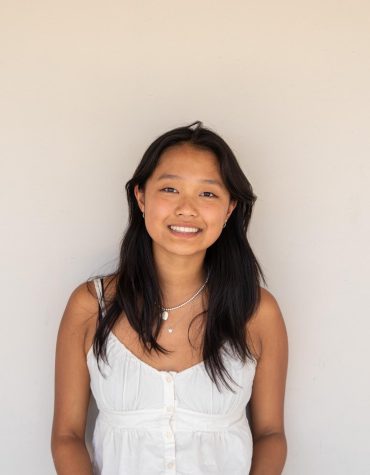
Senior Yasmine Chang spends her free time writing short stories and poetry, drawing on her love of reading and music.
Chang gains inspiration from these...
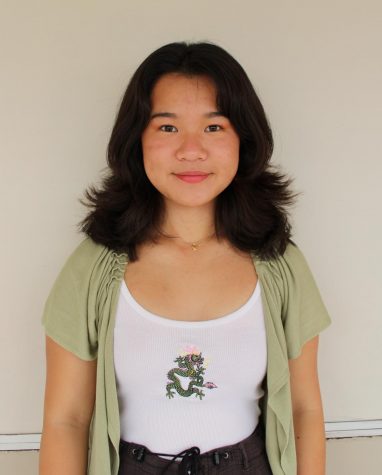
Senior Ashley Xu has been interested in art since she was in the 3rd grade.
Xu is fascinated by iconic painters like Monet and Dali. “I like Monet’s...
